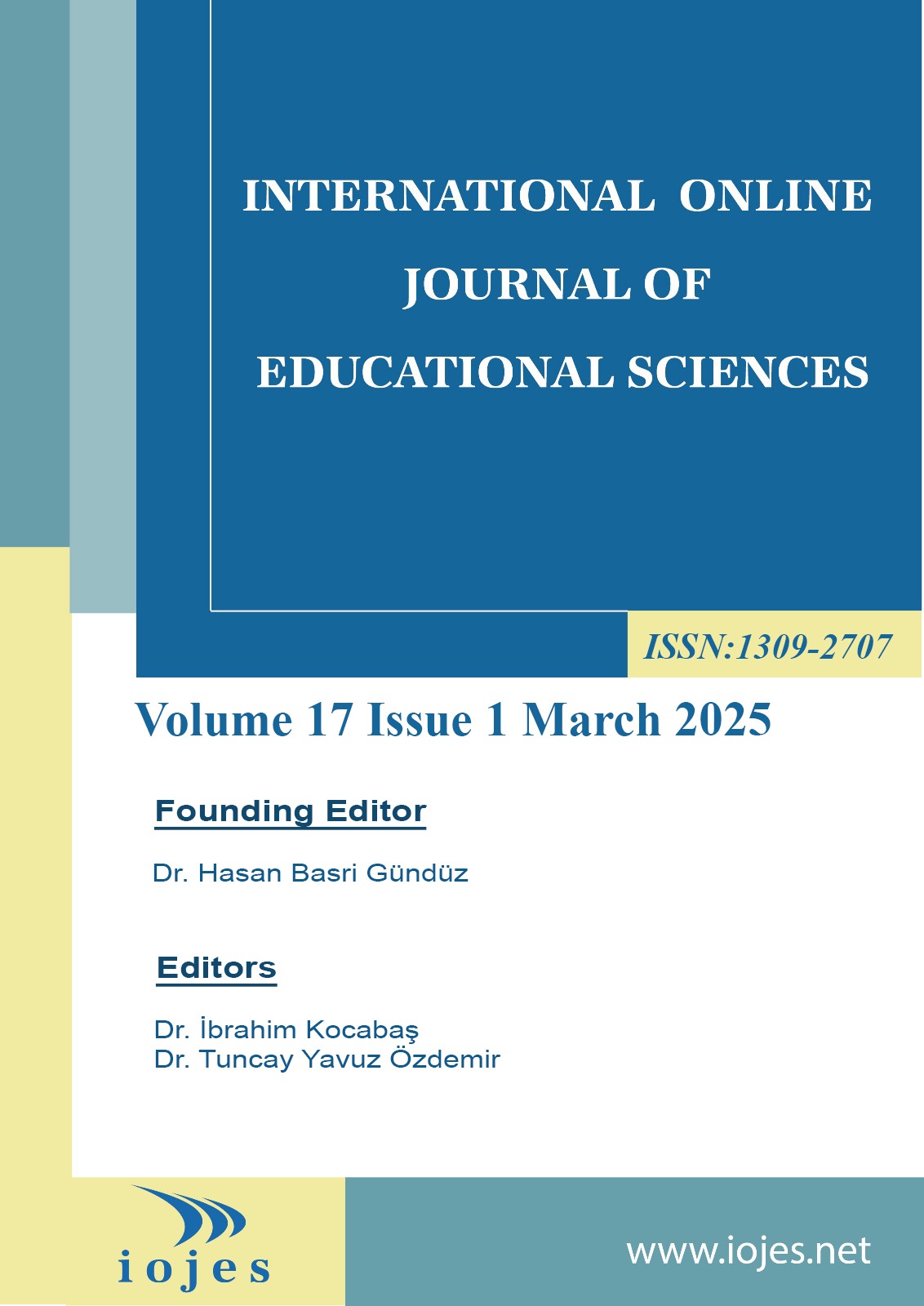Looking-Glass Self Perceptions of Gifted Students: Understanding Self Through the Eyes of Significant Others
Author :
Abstract
Keywords
Abstract
This study examines the looking-glass self perceptions of gifted students through Cooley's theory. The study employs a qualitative case study design to explore how gifted students perceive themselves through the reflections from significant others. The participants consisted of 25 gifted students (52% female, 48% male) attending Science and Art Centers. Data were collected through semi-structured interviews and analyzed using thematic analysis. Findings revealed that gifted students' self-perceptions emerged in four main dimensions: physical, social, behavioral, and academic. The students' perceptions of how others view them varied significantly among different significant others (parents, teachers, and peers). While teachers' evaluations were perceived to focus on academic and cognitive abilities, parental perceptions were thought to encompass broader behavioral and social aspects. Peer evaluations were perceived to emphasize both academic and physical characteristics. Students' emotional responses to these perceived evaluations manifested in academic, social, familial, and institutional contexts. The findings highlight the complex nature of gifted students' self-perceptions and the crucial role of social interactions in shaping their self-development. This study contributes to understanding how gifted students construct their self-perceptions through the reflections from significant others in their social environment.





